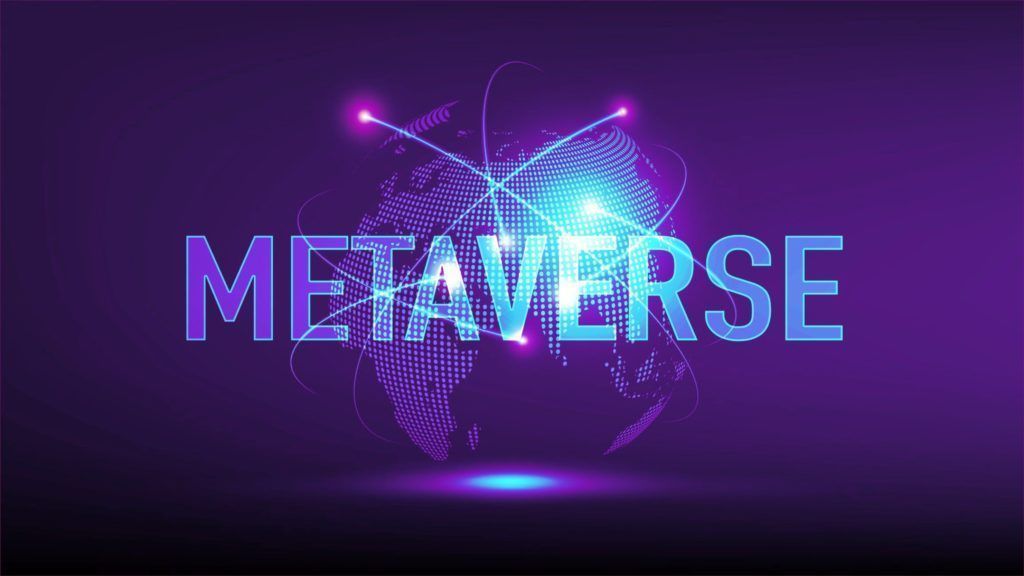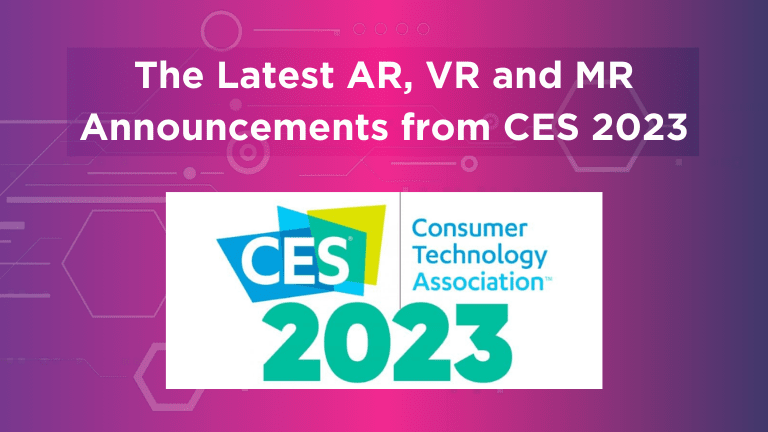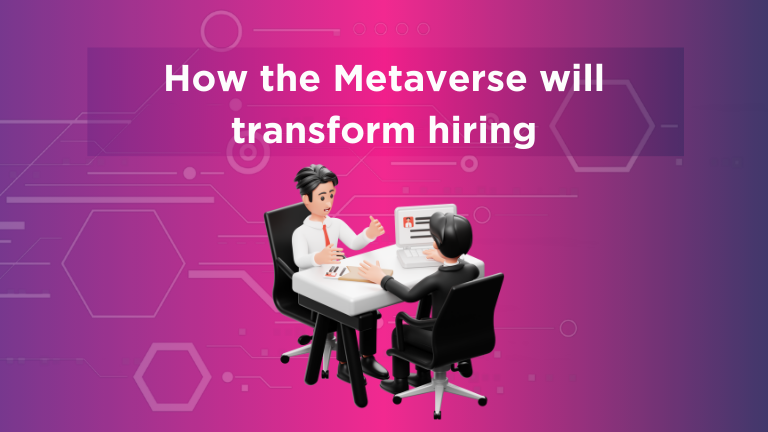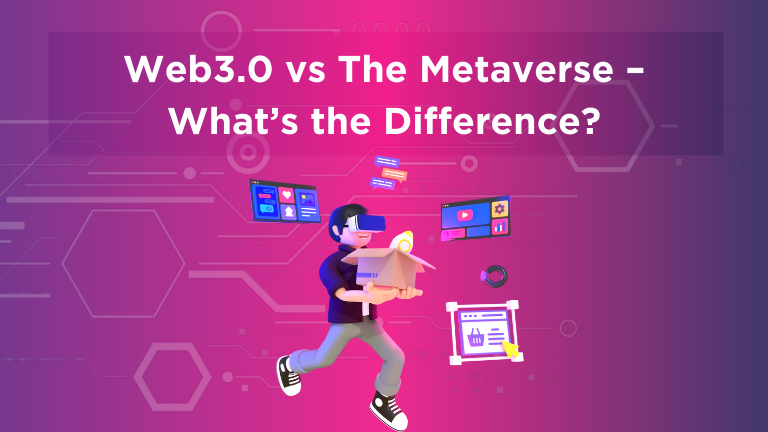What is the Metaverse Standards Forum and why does it matter?
The Metaverse is quickly emerging as one of the most popular topics of conversation at the moment. Advertised as a new form of digital experience aimed at bringing people and virtual experiences closer together, the Metaverse has limitless potential.
As more technology companies express their interest in contributing to the Metaverse and new roles emerge for specialists around the globe, we’re seeing a growing focus on the ethical and privacy concerns of an “embodied internet”. Various leaders have come together to form a new group to address everything from technology standards to interoperability.
The “Metaverse Standards Forum“, is made up of several contributing companies. These include Epic Games, Microsoft, Meta, Adobe, Nvidia, Unity, and Sony, which promise new solutions to Metaverse creators. Here’s what you need to know about the forum and what it might mean to you.
What is the Metaverse Standards Forum?
The “Metaverse Standards Forum” is a free-to-join ecosystem committed to driving interoperability and opportunity in the Metaverse. According to press releases, this group will focus on action-based pragmatic projects, like hackathons and prototyping tools to support common standards.
The Metaverse Standards Forum will be interested in developing a consistent definition of what the “Metaverse” should actually be. This could be particularly valuable at a time when many people still can’t agree on what the Metaverse is.
The group’s founding members also include pre-metaverse companies like Qualcomm, Nvidia. And the World Wide Web Consortium, as well as newer companies like blockchain brands Lamina1.
The forum is hosted by the “Khronos group” and is available to any company, university, and standards organization, at no cost for joining. Yet some organizations remain openly absent from the mix. These include Niantic and Roblox – brands are known for making significant strides in the Metaverse, and Apple.
Why Create the Metaverse Standards Forum?
According to Neil Trevett of Khronos, the company initially became interested in the Metaverse because it had already been developing standards relevant to the ecosystem for several years. 3D APIs for the web and OpenXR for VR and AR are all used by the Metaverse community today.
Notably, while the standardization strategies implemented by the Metaverse may impact how we manage things like ethics, Khronos is staying away from philosophical debates. Trevett noted the group isn’t going to be answering questions about where the Metaverse is likely to be in 10-20 years. However, he has already shared some of his own opinions.
Khronos believes the Metaverse will be a mixture of web connectivity and spatial computing. He also believes 3D modelling will play a vital part in the future of Metaverse creations. Notably, Trevett believes no one has a clear view of how the Metaverse technologies will come together, but the forum doesn’t “need to know”.
Instead, the Metaverse Forum wants to focus on addressing more short-term, clear issues with interoperability and standardization. While there are already various standards for using the internet in place, The Metaverse Standards Forum will bring more of these concepts together, coordinate them, and address the emerging issues in the landscape as they occur.
Focus Points for the Metaverse Standards Forum
As definitions of the Metaverse continue to evolve, the Standards Forum will be focusing on several key areas likely to impact the development of future tools. One particular area of focus will be on encouraging and supporting the competition.
Already, various companies have expressed their concerns about the monopoly Meta seems to be establishing over the Metaverse. However, Nick Clegg, Meta’s president of Global Affairs, has argued the Metaverse will not be “Meta-Run”. Instead, Clegg believes it will be an interconnected system of various tools and solutions.
The Metaverse Standards Forum will ensure the proper guidelines are in place and support is available to everyone participating in the Metaverse. According to Trevett, the group is on baking the “open standards bricks” used to build the Metaverse.
Industry leaders throughout the technology landscape agree that the potential of the Metaverse can only be truly realized if it’s built on a foundation of clear standards. Developing an inclusive and open Metaverse at an extensive scale requires everyone to be on the same page.
Developing Technology Standards
Part of creating a set of open standards for the Metaverse involves looking at the technology currently in place to bring the environment to life. The Khronos Group and the Metaverse Standard Forum aim to move beyond the concept that all Metaverse solutions are built in XR environments. 3D tools don’t necessarily need to form the foundation of the Metaverse, as many 2D screens can already enable users to access similar environments.
The domains that will be addressed by the forum include a wide range of Metaverse domains, from avatars, and VPS, to networking, geospatial technology, and user experience. They will also include a consideration of cryptocurrencies, 3D development, and extended realities.
According to Trevett, the evolution of the Metaverse is likely to be a “bottom-up” Darwinian experience. Suppose the forum can be effective at creating the right standards for Metaverse creation. They believe it will allow for more rapid discovery of new solutions and innovations in the landscape, allowing quicker adoption for the masses.
The standardization of Metaverse technology aims to remove many of the friction points of the industry. Not only to enable healthy competition but also to allow for a more reliable approach to Metaverse development. Some standards will cover areas like gITF for the transmission of 3D graphics over the web and how NFTs will be managed in a Metaverse environment.
Solving the Issues Present Today
The Metaverse Standards Forum aims to take a pragmatic approach to the problems preventing the Metaverse from becoming a mainstream solution at this time. A standardized virtual world with more access to guidance for all that need it paves the way for a generation of open and inclusive development. This will also help to prevent segmentation in the Metaverse universe.
With standardization in place, it will be easier to integrate features and assets impeccably and seamlessly among different “floors” or environments within the Metaverse. This could also lead to the development of new standards for how to police security and privacy in a virtual landscape.




